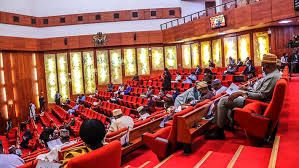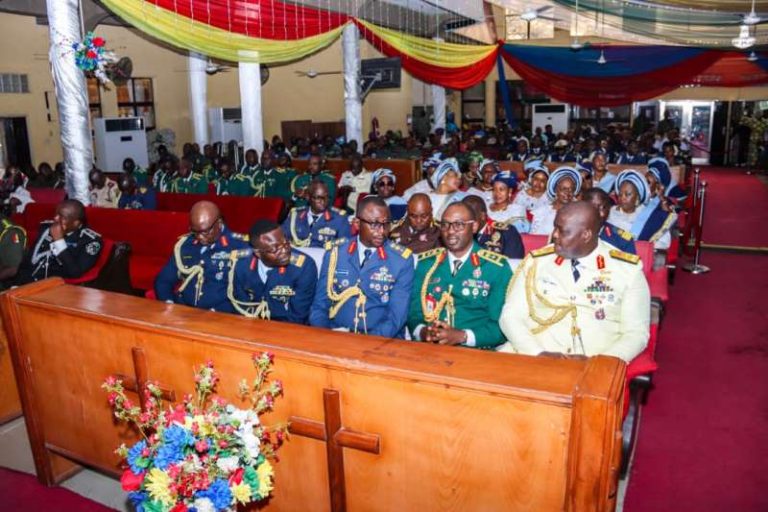
The Nigerian Senate has begun deliberations on a groundbreaking bill seeking to establish a National Centre for Autism and six zonal autism centres across the country to promote early diagnosis, research, education, and comprehensive care for individuals living with Autism Spectrum Disorders (ASD).
Sponsored by Senator Natasha Akpoti-Uduaghan (Kogi Central), the bill aims to create a coordinated national framework that addresses the growing need for autism awareness, inclusion, and specialised care in Nigeria.
In her lead debate, Akpoti-Uduaghan described autism as a neurodevelopmental condition that affects communication, social interaction, and behaviour—emphasising the urgent need for structured national support.
“Autism is not a rare condition; it is simply rarely understood in our society,” she said.
The senator lamented that Nigeria currently lacks a dedicated national institution to coordinate efforts in diagnosis, research, therapy, and public education on autism. She cited World Health Organisation (WHO) data showing that one in every 100 children globally is diagnosed with autism, noting that Nigeria’s true prevalence may be higher due to limited awareness and inadequate diagnostic services.
According to Akpoti-Uduaghan, the proposed centres will: Promote early diagnosis, intervention, and therapy; Provide training for professionals and caregivers; Develop a national autism database; Combat stigma and discrimination through public awareness campaigns.
The National Centre for Autism would be headquartered in Abuja, while six zonal centres would be established in:
Abuja (North Central),
Bauchi (North East),
Kaduna (North West),
Enugu (South East),
Port Harcourt (South South), and
Ibadan (South West).
Senator Akpoti-Uduaghan explained that the bill seeks to “bridge institutional gaps by coordinating autism diagnosis, research, and intervention through a national and zonal framework.”
She highlighted the broader benefits of the initiative, noting that early intervention not only improves outcomes for children with autism but also delivers significant social and economic gains by reducing long-term dependency and enhancing productivity.
“The centre will create employment opportunities for therapists, teachers, researchers, and medical professionals,” she said, adding that the bill would also promote inclusion in schools and workplaces while providing counselling and community education for families.
The senator further stated that the proposed legislation aligns with Nigeria’s obligations under the United Nations Convention on the Rights of Persons with Disabilities (CRPD) and the Sustainable Development Goals (SDGs) — particularly Goal 3 (Good Health and Well-being) and Goal 4 (Quality Education).
“By enacting this law, Nigeria will demonstrate leadership in West Africa in addressing neurodevelopmental disorders through science, compassion, and coherent policy,” she affirmed.
Calling for the support of her colleagues ahead of the bill’s second reading, Akpoti-Uduaghan described the proposal as “an act of social justice, empathy, and national foresight.”
“It is a call to give children with autism a fair chance to thrive, learn, and contribute to our great nation,” she concluded.



